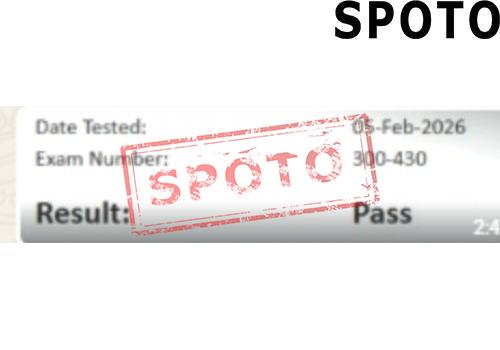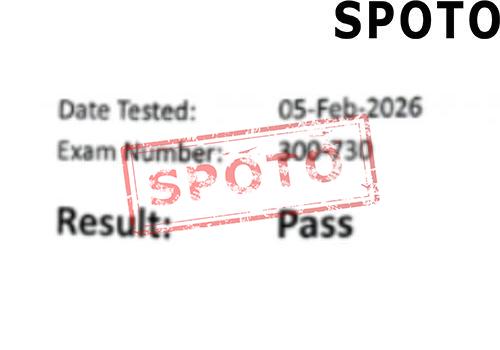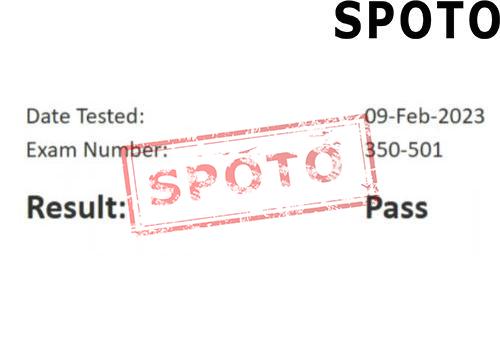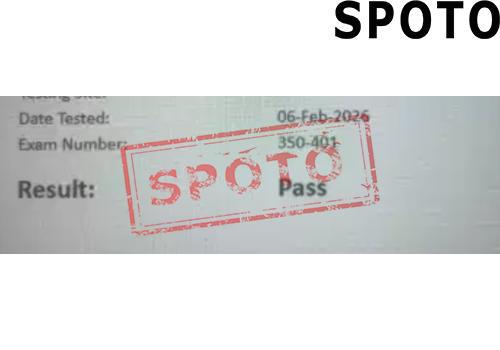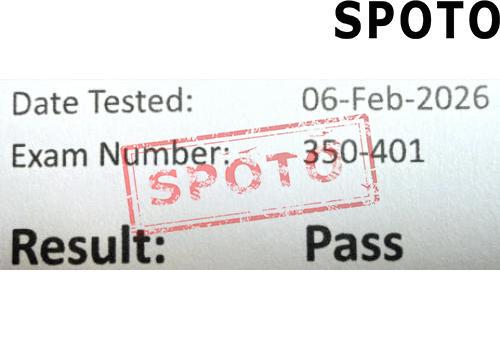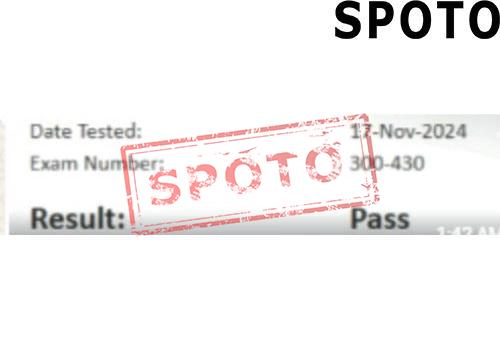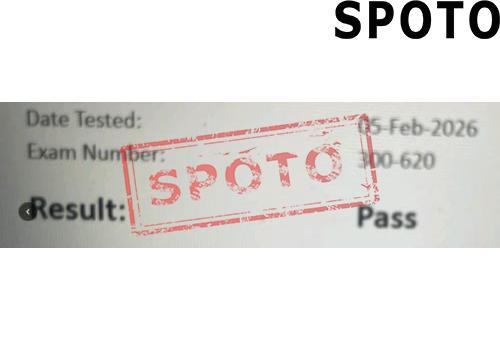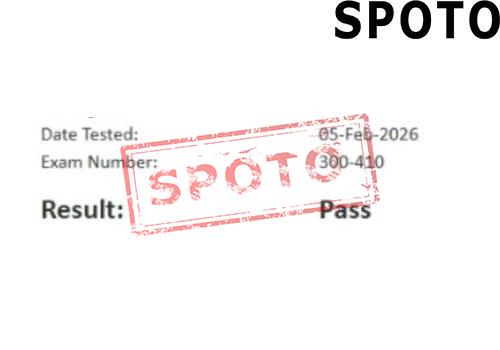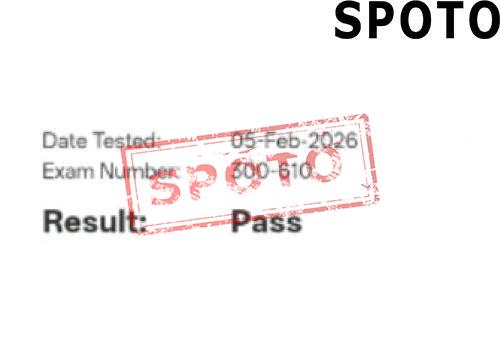
Table of Contents
1. What is an QA Engineer?
QA Engineers are professional technicians who are responsible for quality control of a company or organization's products (including physical products, digital products such as software, etc.) before they are released and before they reach the hands of consumers.
Other job duties for an QA Engineer may include the following:
- Track product quality indicators throughout the process
- Create industry standards and procedures for product developers to follow
- Write and implement automated tests for products
- Communicate with stakeholders to understand and meet their software requirements
- Analyze test results to predict user behavior, identify errors, and propose solutions to minimize problems
- Work closely with product development and testing teams to ensure timely delivery of projects
- Verify that the final product meets requirements
- Understand the latest industry developments, standards, and regulations to ensure product compliance
2. Career Insights: Salary, Outlook & Related Roles
(1) QA Engineer Salary
According to builtin, based on data feedback collected from anonymous QA engineer employees in the United States, the average salary for a QA engineer in the United States is $99,648. The average additional cash compensation for a QA engineer in the United States is $19,993. The average total compensation for a QA engineer in the United States is $119,641.
(2) Job Outlook of QA Engineer
The overall employment level of QA Engineer is rising. According to statistics from the U.S. Bureau of Labor Statistics, the overall employment of software developers, quality assurance analysts, and testers is expected to grow by 17% from 2023 to 2033, which is much faster than the average for all occupations. The employment growth rate is much faster than the average for most occupations. It is expected that the number of job openings for software developers, quality assurance analysts, and testers will average about 140,100 per year over the next decade. Many of these job openings are expected to fill those who change careers or exit the labor market (such as retirement).
(3) Similar Occupations
- Test Engineer
- Software Tester
- Manual Tester
- Automation Test Engineer
- Validation Engineer
- Quality Analyst (QA Analyst)
- Performance Test Engineer
- Load Test Engineer
- SDET (Software Development Engineer in Test)
3. What Are the Qualifications to Become an QA Engineer?
(1) Obtain a Bachelor's Degree
A bachelor's degree in computer science, software engineering, information technology, or a related field is more favored by employers during the job search process.
(2) Develop professional skills
QA engineers (quality assurance engineers) need to have a variety of skills to ensure the quality and reliability of software products. First, they should have solid programming and automated testing capabilities, and be familiar with common programming languages (such as Java, Python, or C#) and automated testing tools and frameworks, such as Selenium, JUnit, or TestNG. Secondly, QA engineers need to have manual testing and troubleshooting capabilities, including developing test cases, performing functional testing, regression testing, and stress testing, and assisting the development team to quickly locate and solve problems after defects are discovered. In addition, QA engineers need to be able to write clear test plans, test reports, and defect reports, and work closely with developers, product managers, and other stakeholders to ensure that projects are delivered on time and with high quality. At the same time, their mastery of the software development life cycle (SDLC) and project management methods such as agile or Scrum will help them better integrate into the team process and improve overall testing effectiveness.
(3) Earn Industry Certifications
Obtaining a certification that is highly recognized by the industry can prove your professional ability and ability to perform the position, and can also enhance your competitiveness in the workplace. Therefore, we recommend that you obtain the CCNP Enterprise certification.This certification can demonstrate your expertise in enterprise infrastructure, assurance, security, and more. Configure, troubleshoot, and manage the networks of the largest companies in the world with the Cisco Certified Network Professional (CCNP) Enterprise certification.
